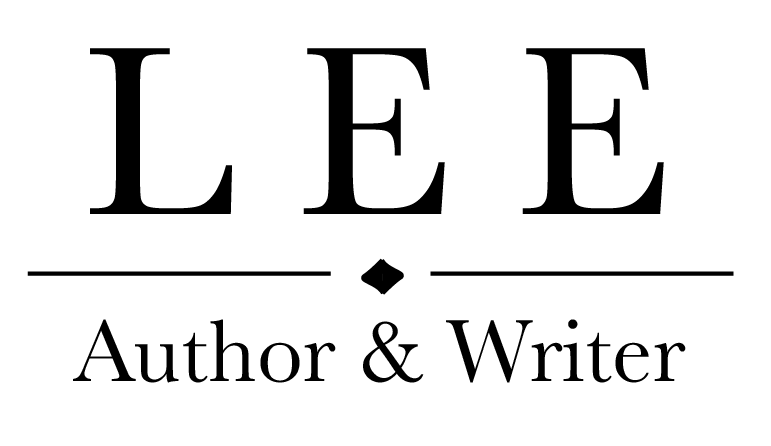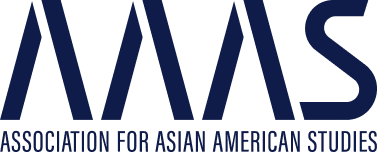Asian-American female author Marie Lee recently attended the Association for Asian American Studies Conference. While at the conference, Marie observed that many of the academic professionals attending the conference were not fellow creative writers. While many of the Asian American professionals there were professors in Cultural Studies or English, they were not creative writers. With this observation, Lee believes, comes the call to action, which is to get more Asian-American creative writers in the ring! Asian Americans can have this opportunity by getting the opportunities to succeed through the right academic resources.
Lee states, “It’s clear more research and curricula focused specifically on Asian American writers and writing would give the field the validation it deserves, but it would serve as a model encouraging more exploration by students as an academic field.” Encouraging exploration, Lee believes, would facilitate the necessary growth and promote experience and encourage the telling of history through Asian-American Fiction.
“I understand how important it is to nurture and protect Asian American writing, especially at its embryonic stages.”
Marie Lee
Marie Lee lives and works in both realms, and she is a twice published creative writer and an academic. Lee is a writer in residence at the Columbia Center for the Study of Race and Ethnicity. Marie Myung-Ok Lee is an acclaimed Korean-American writer and author of the novel Somebody’s Daughter. Her new novel, The Evening Hero, is available in hardcover on May 24th, 2022. The Evening Hero takes the immigrant experience of one man, Dr. Yungman Kwak, and his family and funnels it onto the page. Dr. Yungman Kwak believes in the American Dream and has a thriving career working as an obstetrician in a rural Minnesota town until a life-changing letter unravels the world around him.
If the world throws up barriers to Asian-Americans in general, it throws additional hurdles in the pathways for Asian-Amerian fiction writers. Lee is a co-founder of the Asian American Writers’ Workshop and has personally seen how white- and western-centered publishing throws up extra barriers to new and established writers of color. “I understand how important it is to nurture and protect Asian American writing, especially at its embryonic stages.” Lee wants to help other Asian American fiction writers remove those barriers to have the freedom to write their own stories.

